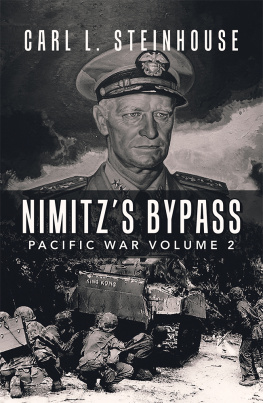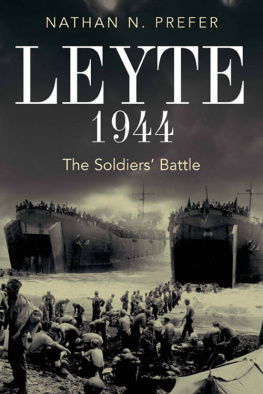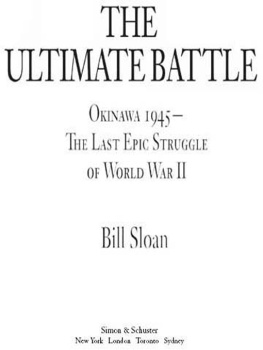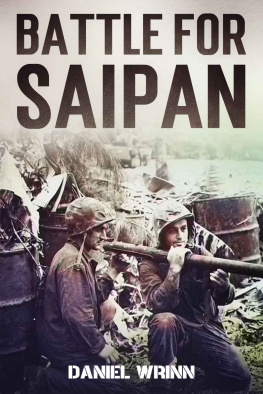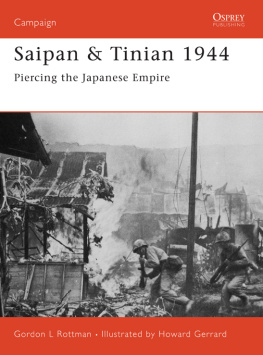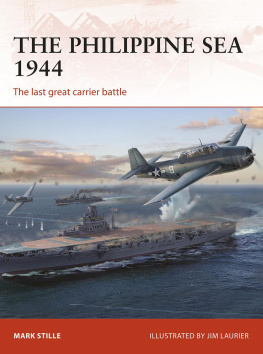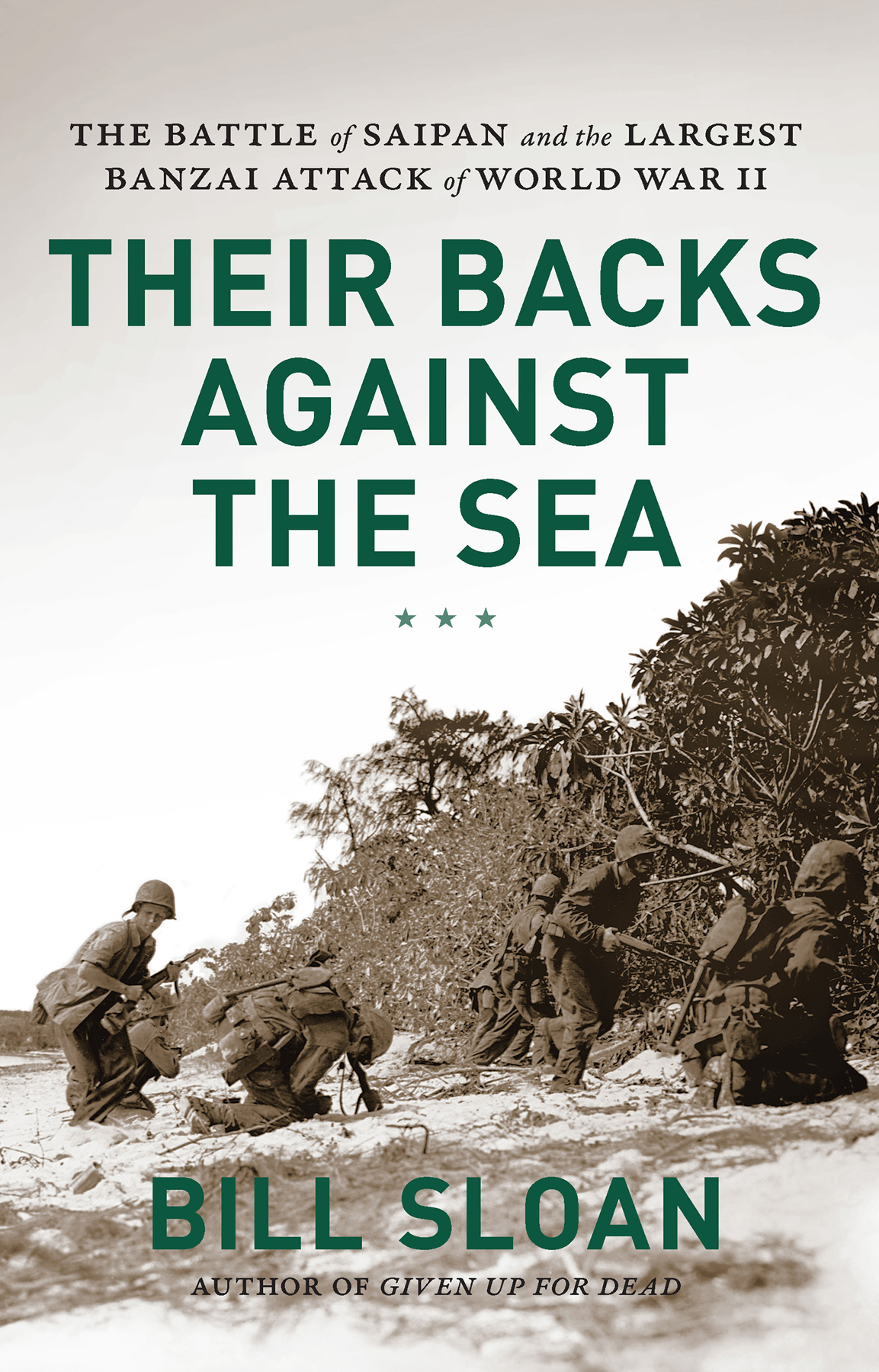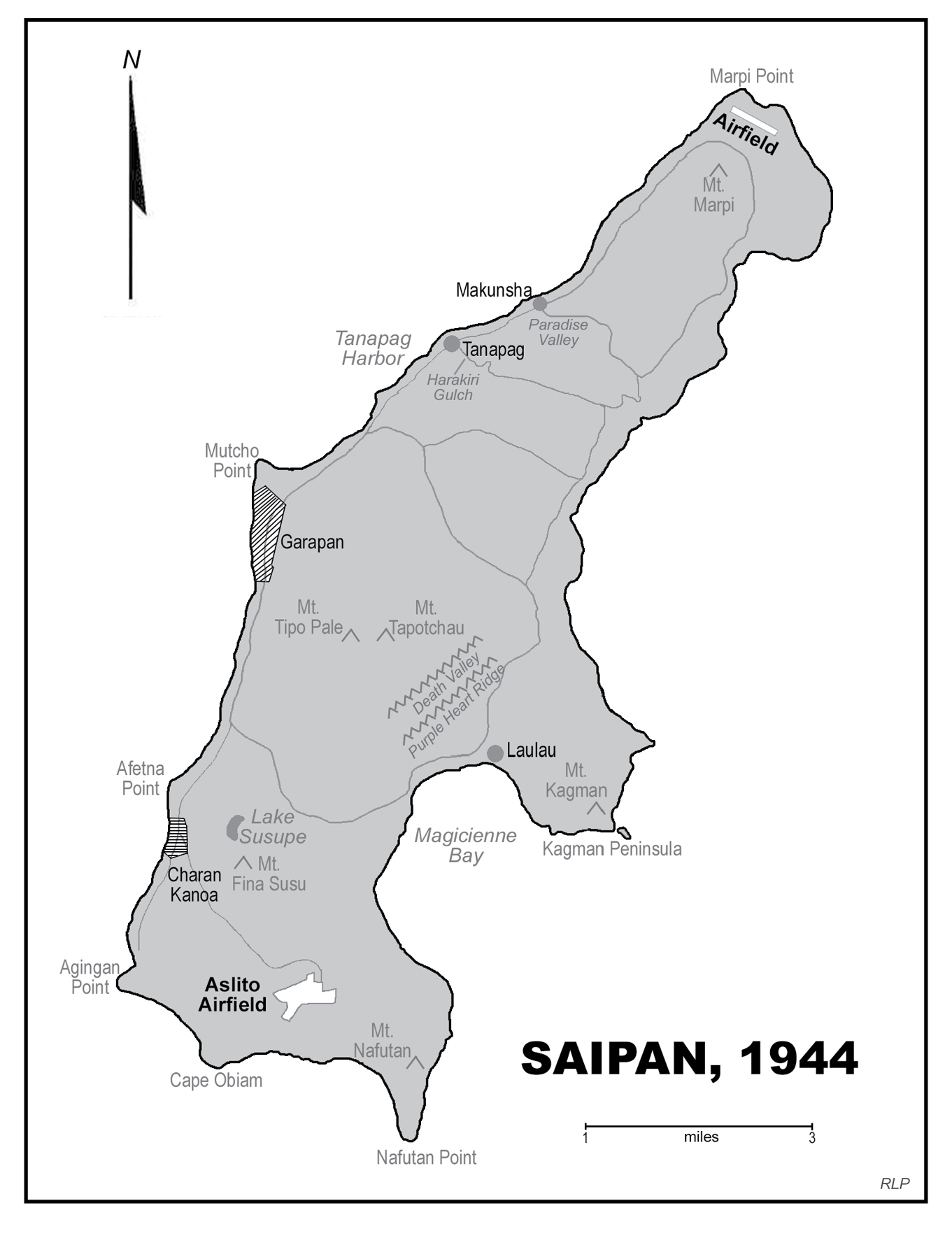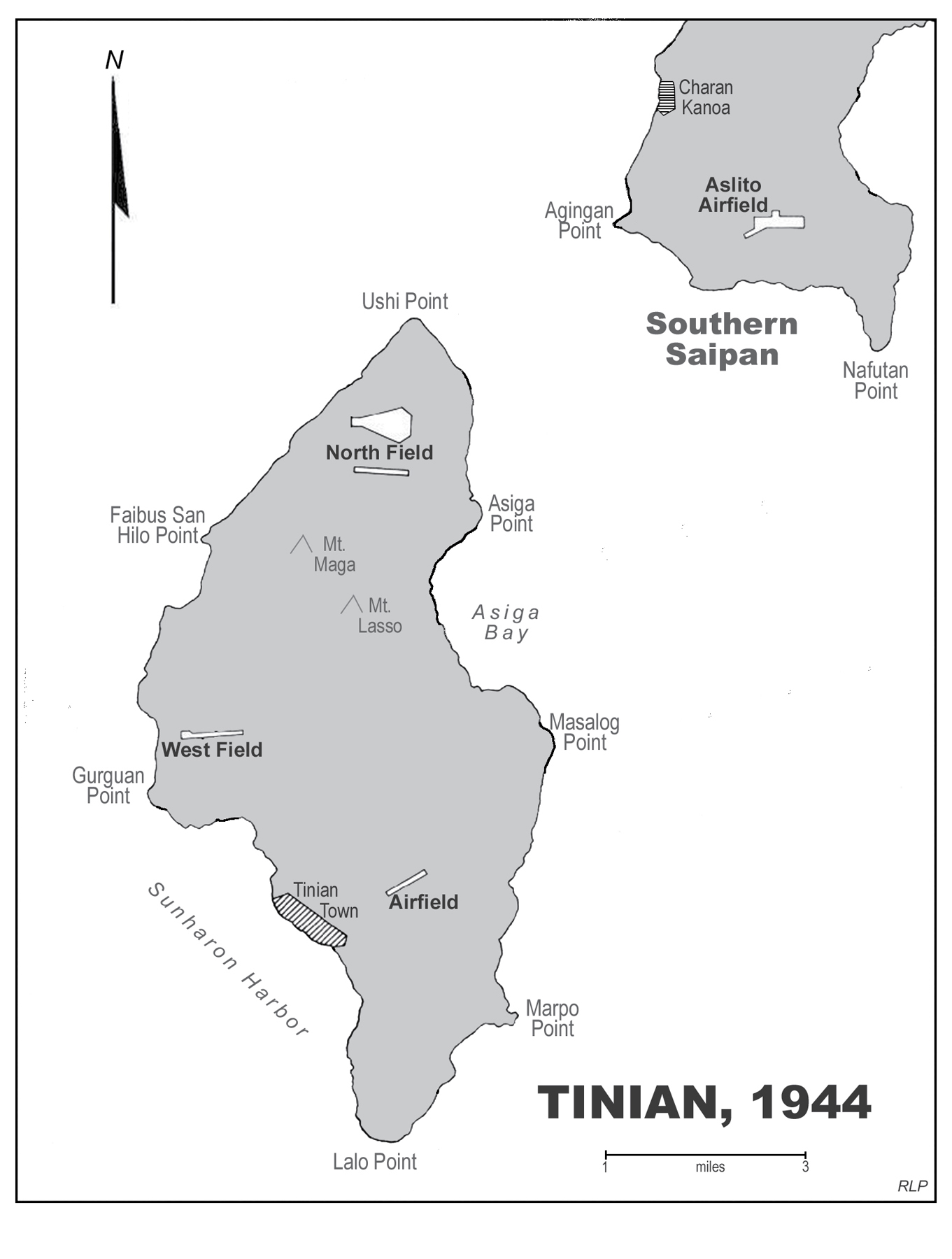Hachette Book Group supports the right to free expression and the value of copyright. The purpose of copyright is to encourage writers and artists to produce the creative works that enrich our culture.
The scanning, uploading, and distribution of this book without permission is a theft of the authors intellectual property. If you would like permission to use material from the book (other than for review purposes), please contact permissions@hbgusa.com. Thank you for your support of the authors rights.
Published by Da Capo Press, an imprint of Perseus Books, LLC, a subsidiary of Hachette Book Group, Inc.
Library of Congress Cataloging-in-Publication Data is available for this book.
who suggested Wake Island as the subject of my first military history.
That was fourteen years and five books ago. Thanks, Floyd.
Prologue
O NE DAY in early June 1944 the heavily laden troop transports lifted anchor and began moving slowly out of Pearl Harbor. Sergeant Tom Tinsley watched as they slipped past the submarine nets toward a destination that only Godand a few high brassknew.
Somewhere on an obscure island that nobody even knew the name of yet, Tinsley and the rest of the 8th Marines, 2nd Marine Division, were among tens of thousands of young menmany of them still in their teenssailing into hostile, unknown waters for the first time that day.
He wasnt sure why the thought of past Christmases suddenly crossed his mind, but it did. He thought of his mother and father and his younger sister, Helen, getting up at the crack of dawn to open their presents. He remembered the Christmas when he got the baseball glove. And the year he got the roller skatesthat was a surprise. It almost made up for the time when he got a set of Tinkertoys that he had to share with Helen.
The thoughts of Christmastime brought to mind an old-salt Marine named Russell McCurdy, whom Tinsley had gotten to know. McCurdy had been aboard the battleship USS Arizona when she was torpedoed and sunk on 7 December 1941. He was one of the lucky oneshe got off alive, while hundreds of his fellow crewmen died.
The recollection of Christmases past caused Tinsley to think of food. Chow lines were long, and eating was almost a continuous process on board the ship. But eating, as far as he was concerned, was not nearly as important as finding a place where he could have some time to himself. He searched for a spot to just stretch out, read a book, or sit quietly and dream of home, back in the small town of Paris, Arkansas, not far from Pine Bluff. He found a place that wasnt too crowded. The one he liked best was behind a 40-millimeter gun turret where there was always a cool breeze blowing across the bow.
The hardest thing about being aboard the troop transport was what lay ahead. In spite of more than a year spent on guard duty at Pearl, he had never been in combat before, and he knew that shortly he would be storming ashore on some unknown beach on some unknown island. Sometimes he wondered whether he would end up dying alone there.
Those thoughts would come creeping into his mind, and he tried hard not to dwell on them, but some of his friends did. Just a few days before, one buddy had been joking and kidding around, the life of the party. Now he wouldnt talk at all, not even when Tinsley brought him something to eat. Hed just sit there and stare at the deck. Tinsley tried to ignore him by keeping busy, reading, playing cards, and cleaning his weapon.
Now it was the early morning of 15 June 1944, and the ship had stopped. For Tinsley, everything seemed to have stopped. Conversation among the men was in a low tone, almost a whisper.
Men standing in line could see a dark, almost shapeless form far across the water. It danced before their eyes in a reflection of bright explosions a few miles awaythe artillery bombardment had already begun. Most of the men had never heard of Saipan until a few short days ago, but that was their destination. It was going to be a tough row to hoe, everyone said.
Although many guys didnt sleep well the night before, they climbed aboard their landing crafts (known officially as LVTs, for landing vehicle, tracked, and unofficially as Amtracks, for amphibious tractors) and headed for shore. Most of the 2nd and 4th Marines had been up and reasonably alert by 0200 that morning, and soon after, they sat down to the kind of breakfast that, under normal circumstances, wouldve been fit for a kingsizzling steaks, eggs, bacon, ham, fresh milk, and an endless supply of juice and coffee. Tinsley ate his fill. This was a sure sign that this was it.
At the stroke of 0700 all hell broke loose. Navy and Marine planes started bombing runs. Battleships opened fire with their sixteen-inch guns. Cruisers and destroyers kicked in with their five-inch and 40-millimeter weapons. If a ship had a gun, it was firing at the beach. Tinsley couldnt see how anyone could possibly live through that kind of bombardment.
It wasnt all that it was cracked up to be, however. As the Amtracks moved forward and approached the beach, Japanese shells started hitting the water and exploding. It had all sounded so easy on paper: the 6th Marines would take Beaches Red 2 and Red 3, the 8th Marines would take Beaches Green 1 and Green 2, the 23rd Marine regiment would land on beaches designated as Blue 1 and Blue 2, and so on
The Amtrack Tinsley was in got about a hundred yards from the beach, then it high-centered on a large part of the wide coral reef that lined the shoreline and started spinning around and around like a windmill. It whirled crazily but refused to move forward.
To Tinsleys right, another Amtrack was suddenly struck in the middle by Japanese artillery. At first it was therethen it wasnt.
Tinsleys captain gave the order to abandon ship. The front ramp was dropped, and most of the men made a run for the front of the Amtrack and jumped into the water, which was somewhere between their neck and shoulders deep, until everyone but Tinsley and three other Marines were left.
Two men froze in their seats and refused to move. They were Sergeant Major Solace and Private First Class Berberick, guys Tinsley knew wellor thought he knewand no one could drag them out of the Amtrack. Meanwhile the Japanese artillery had the Amtrack bracketed. The next shot they fired was almost certain to be a direct hit.
Theres nothing more we can do, the captain said. We better get the hell out before we get killed.
The captain and Tinsley jumped into the water and were about halfway to the beach when the Amtrack was hit and exploded into a million pieces, killing Solace and Berberick instantly.
Tinsley hit the beach running and threw himself into a slight incline behind an embankment landing beside another Marine. He yelled a half-dozen words to him before he realized the man was dead.


